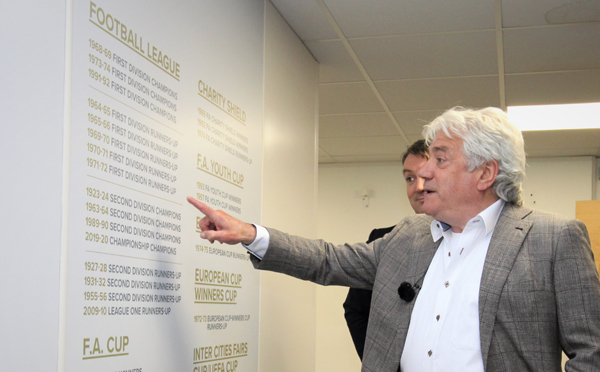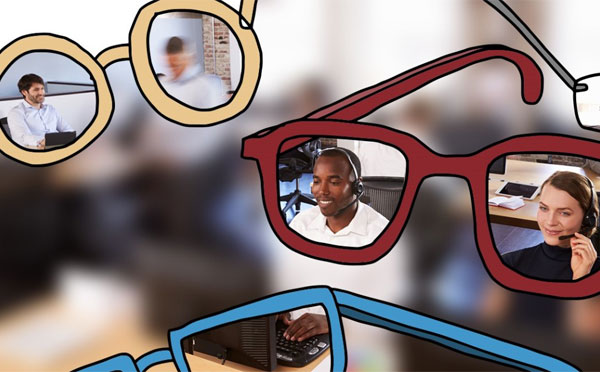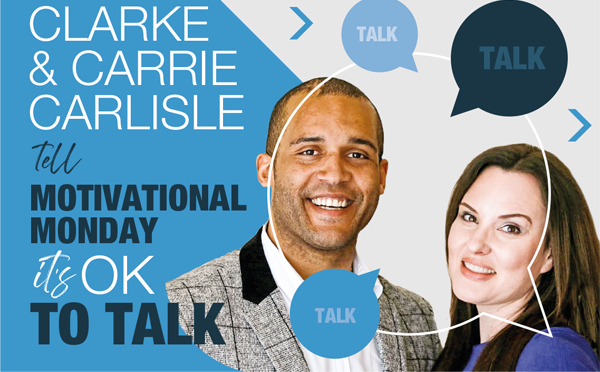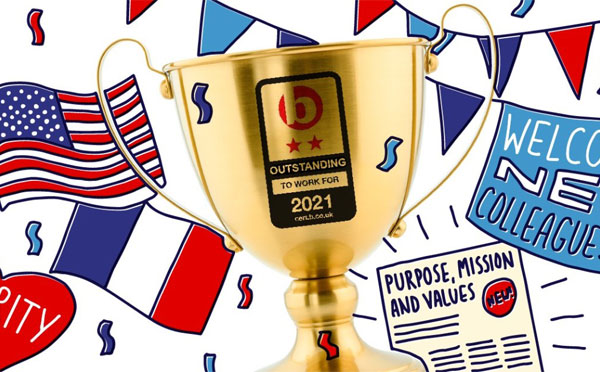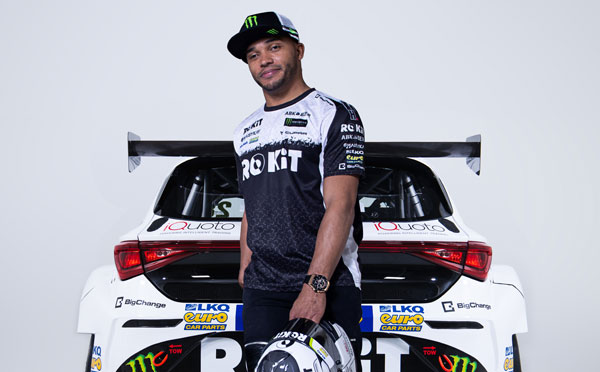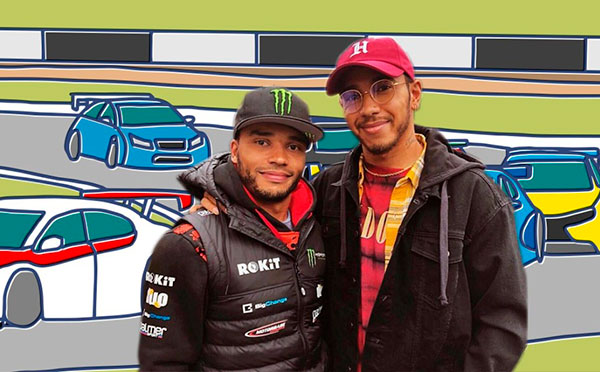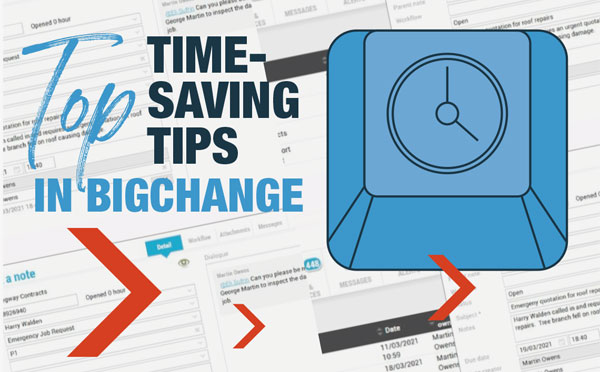BigChange ambassador Kevin Keegan OBE has many great memories of Elland Road from his career playing for and managing top-flight football teams.
In May 2021, he returned to the home of Leeds United FC for an online event sharing the leadership lessons he learnt from the beautiful game with BigChange customers.
Stuart Dodsley, Head of Commercial at Leeds United, gave Kevin and BigChange CEO Martin Port a tour of the iconic stadium. (During the tour) Kevin told tales from the tunnel, reflected on stand-out games and discussed his time playing for, and against, the formidable Don Revie.
Read the video transcript below
Kevin Keegan OBE (KK): When I come here it makes the hairs on the back of my neck stand up because of so many great memories.
When you looked at the Leeds side, it was just full of international class players. I always used to think, you know, this is going to be the toughest game of the season. Whether it was Reaney, Cooper, Yorath, they were all such good players.
[In the tunnel] I was always looking to see where Norman was, and whether he’d got big studs on, ready to sort me out.
Stuart Dodsley (SD): Did you come out together or separately?
KK: We came out separately in those days, so we didn’t have that confrontation luckily.
Martin Port (MP): [Pointing to pitch-side advertising boards] Our advert appears, I think at three minutes thirty. Does it put the players off you think?
KK: I don’t think that one does, but there is one where the dog runs around – you think ‘there’s a dog run on the pitch’.
SD: So you’ve got your Leeds United Roll of Honour here. Perhaps the disappointing thing is it’s down to you some of this!
KK: This was my first year, 70-71, and this is when I got sent off with Billy Bremner. So just take that out of there [pointing to ‘1974 FA Charity Shield’], we’ll just cover that up.
[Pitch-side] That’s the biggest difference. We’d never play on a pitch like this even at the start of the season.
SD: Elland Road here, fans are close to the pitch, they create their own unique atmosphere. There’s a reason England chose here to come, to play before the last World Cup.
KK: Most grounds you come out the middle, there’s a couple you come out the corners, but Leeds is off-centre isn’t it.
[In the dressing room] The whole squad would’ve fitted in here. The whole training squad when Don Revie was manager. [To Stuart] Is this the home one then? I bet the away one isn’t as good?
SD: No it’s a bit tighter (Both laugh).
KK: My dad used to come and watch me when I played at Leeds because he only lived up the road at Doncaster.
The thing that really gets me is if I start to look at the names on the stands. Don Revie, who was my manager with England, he was the biggest enemy in the world when we played Leeds. But when I got to know him, one of the really great people I met in my life.
You know, the scouts from Leeds came to watch me play and I thought ‘Wow, that would be some move for me, because obviously I’m from Doncaster, I’m a yorkshireman, but it never happened. So I had to play against them, which was fantastic.
[Pointing to the 60s period on the Honour Roll] Don Revie was here wasn’t he when they were just a fantastic side. That’s the sort of standard they’re trying to live up to now right.
In the next 10 years it could be Leeds, Liverpool, you know, as dominant forces in the country.
MP: You made our youth enjoyable.
KK: What even scoring the goals against Leeds? You seen how many goals I scored against Leeds? (laughs)
MP: No, Bremmner and Keegan in our garden, it was the best.
KK: Who was Bremmner? MP: Not me. (Both laugh).

